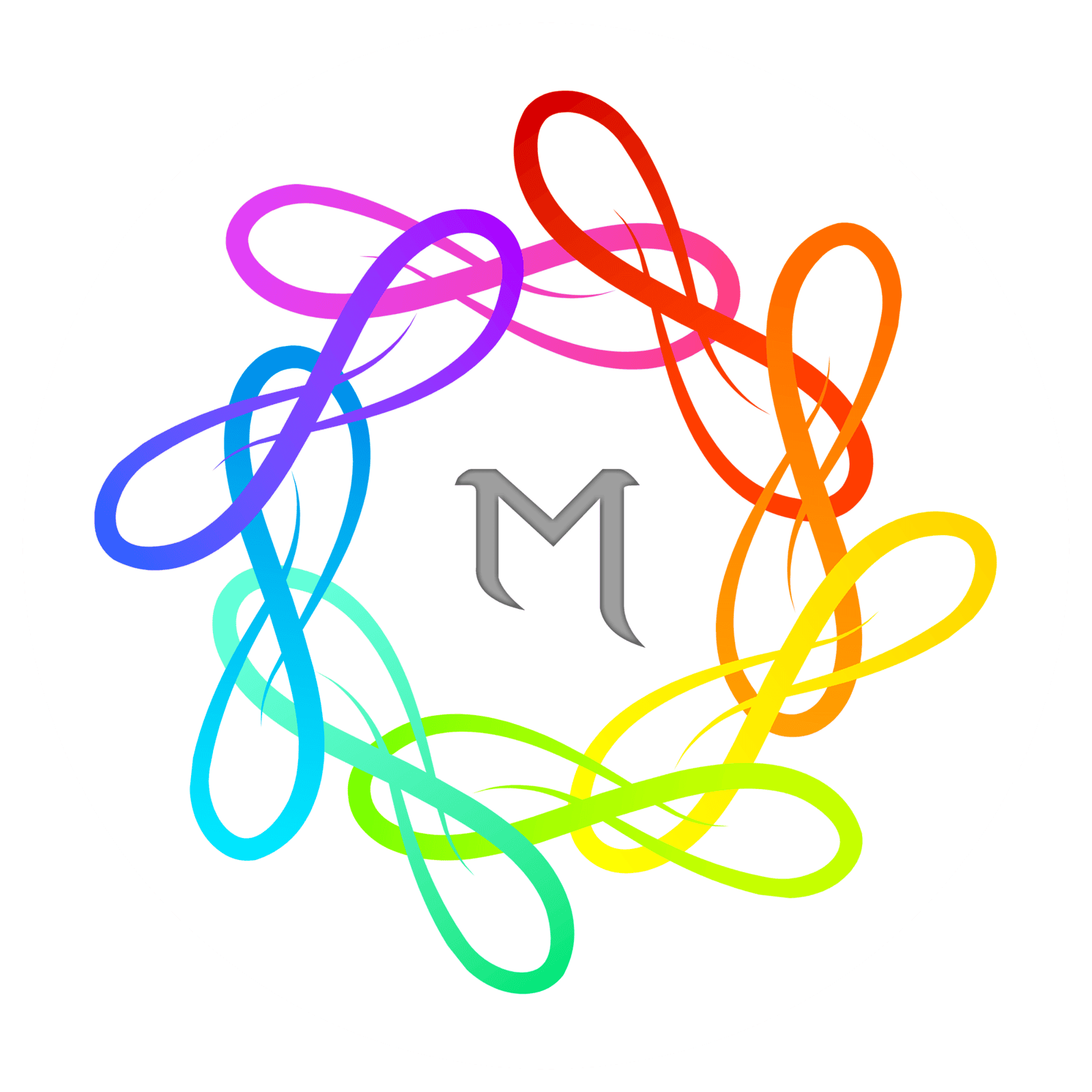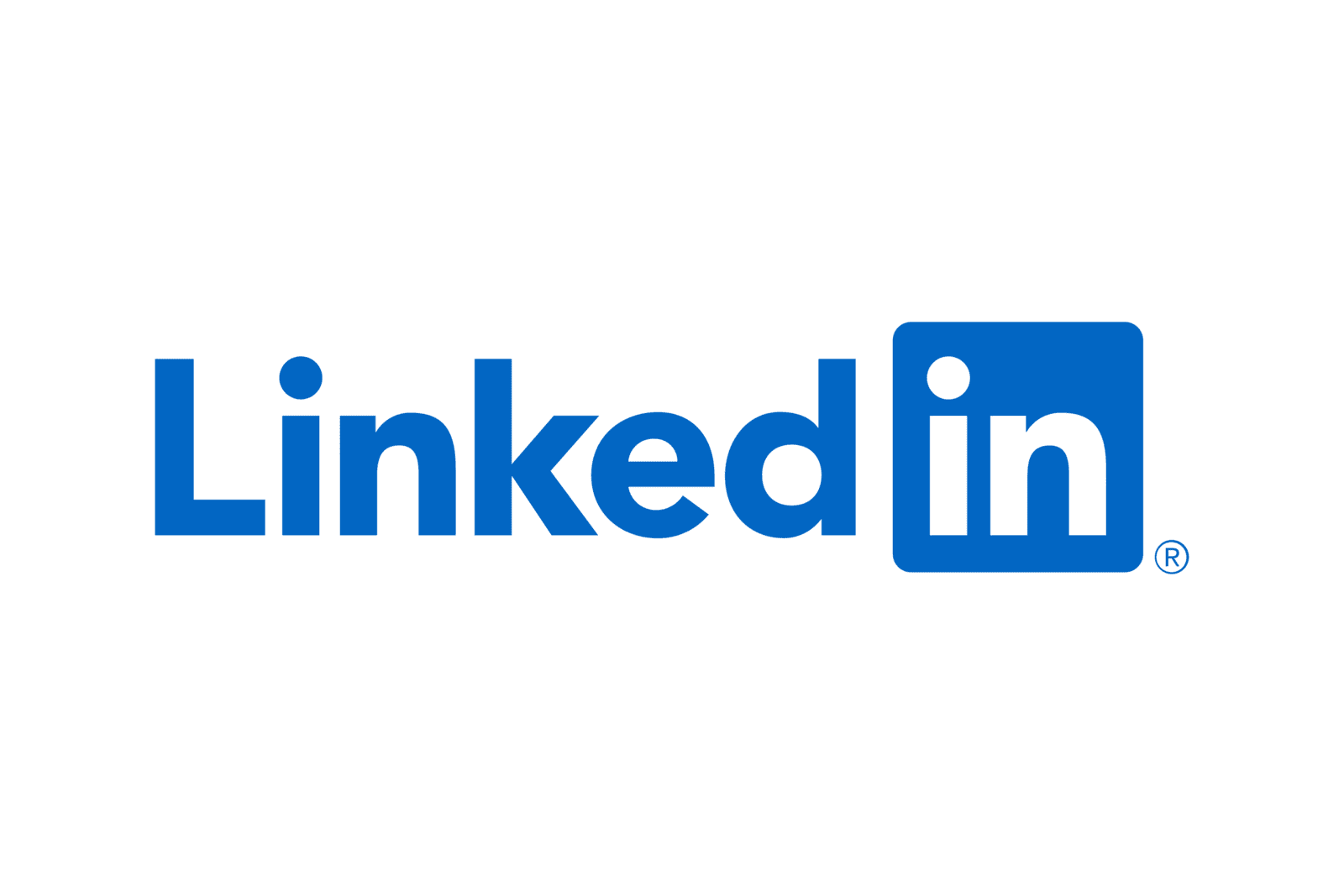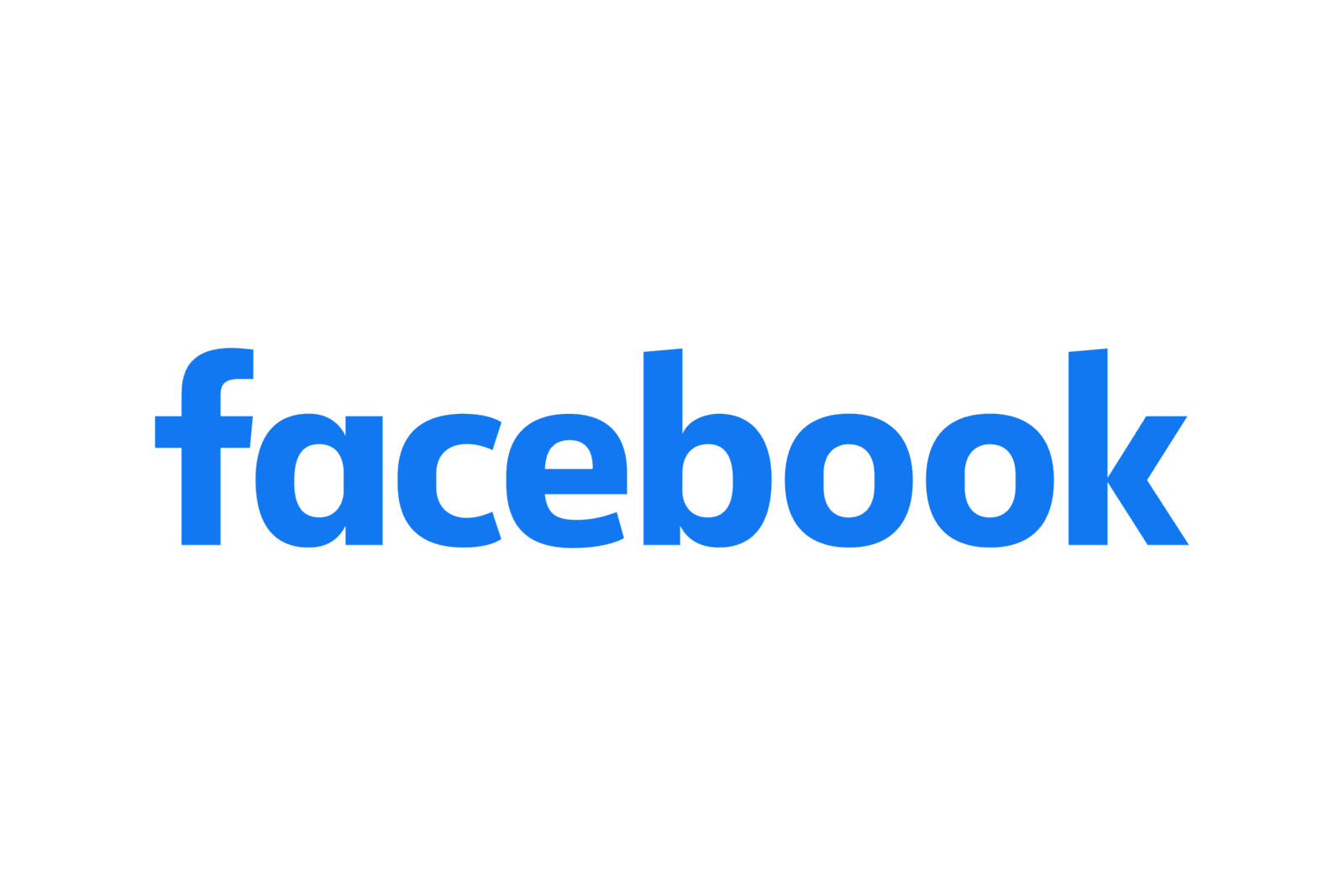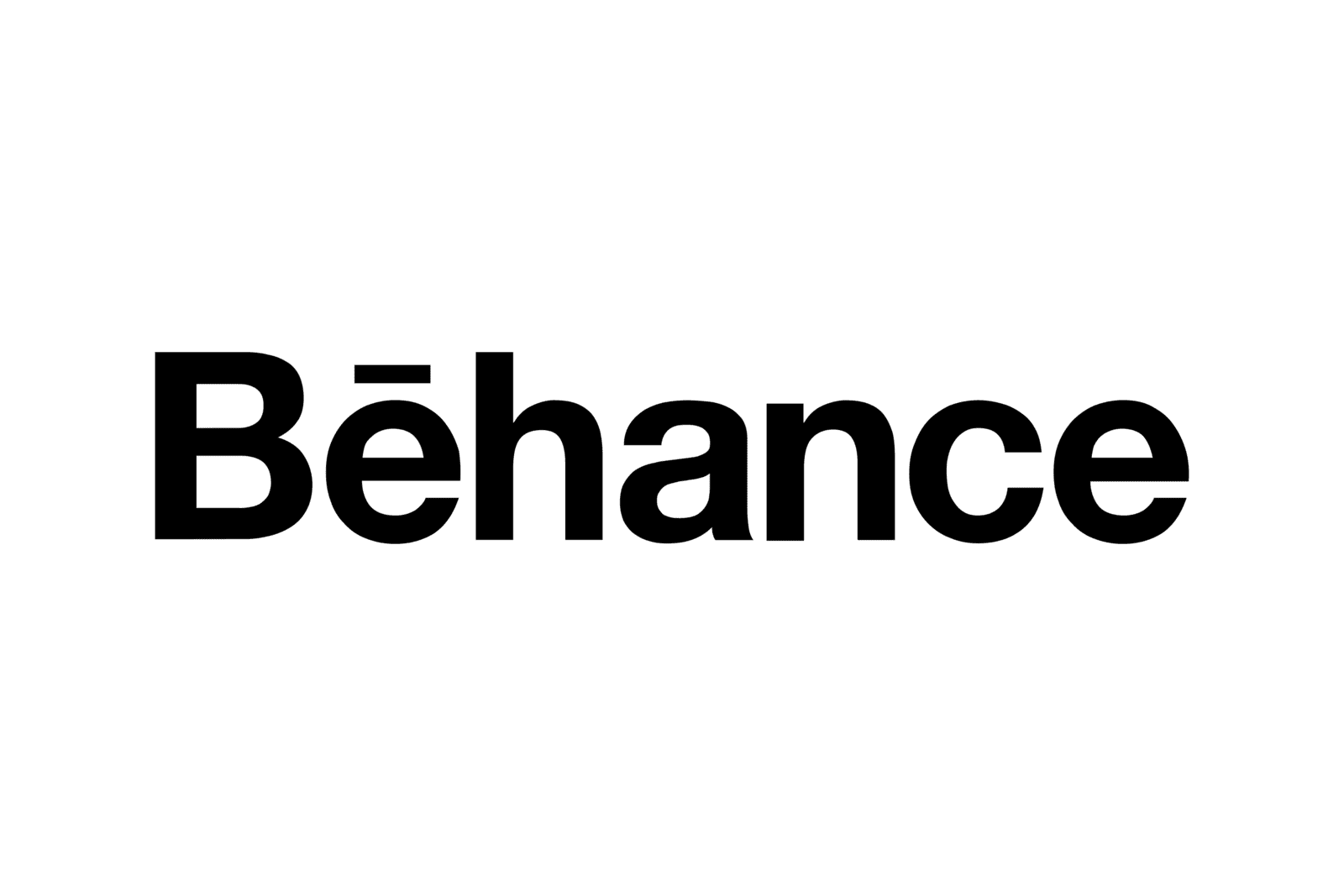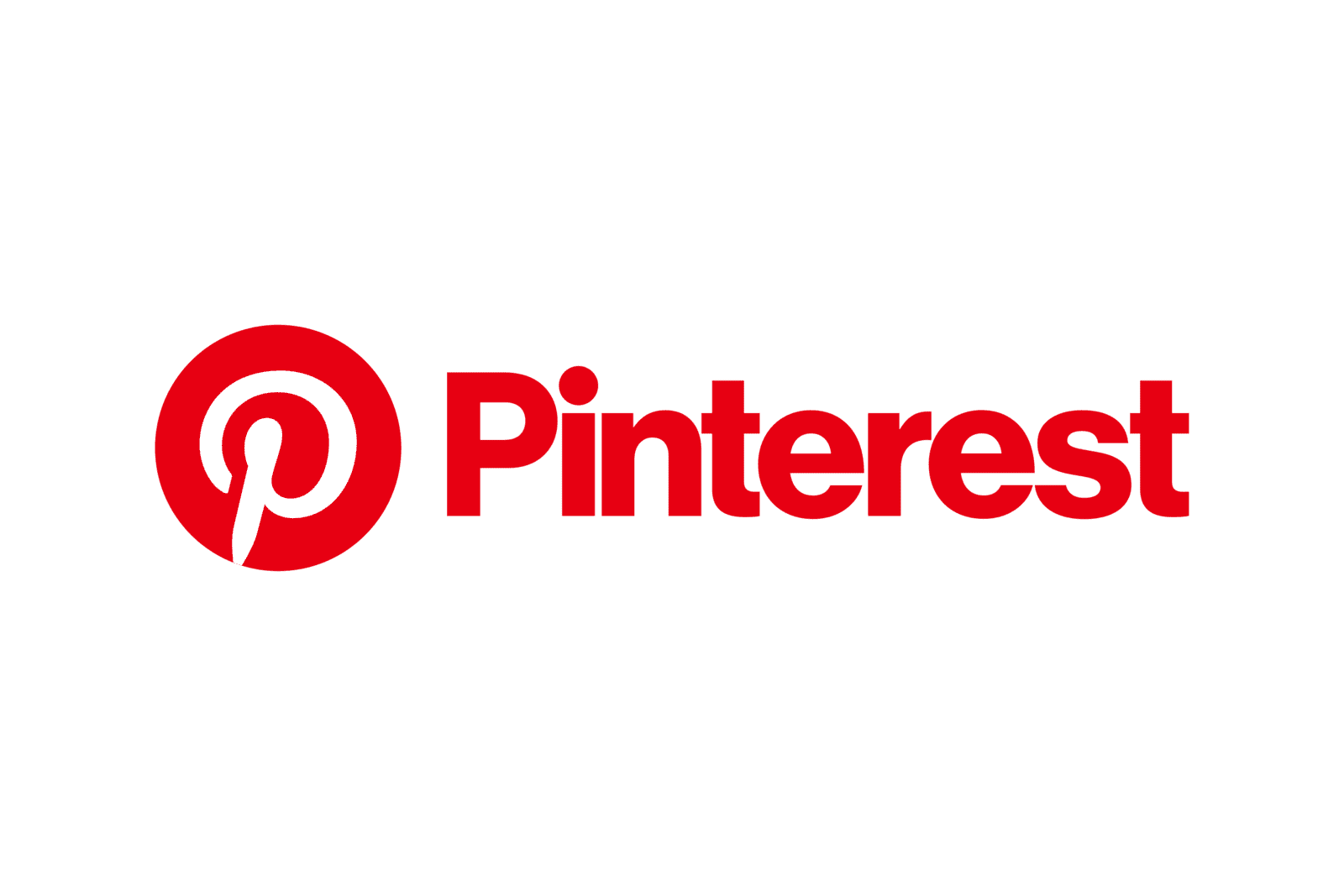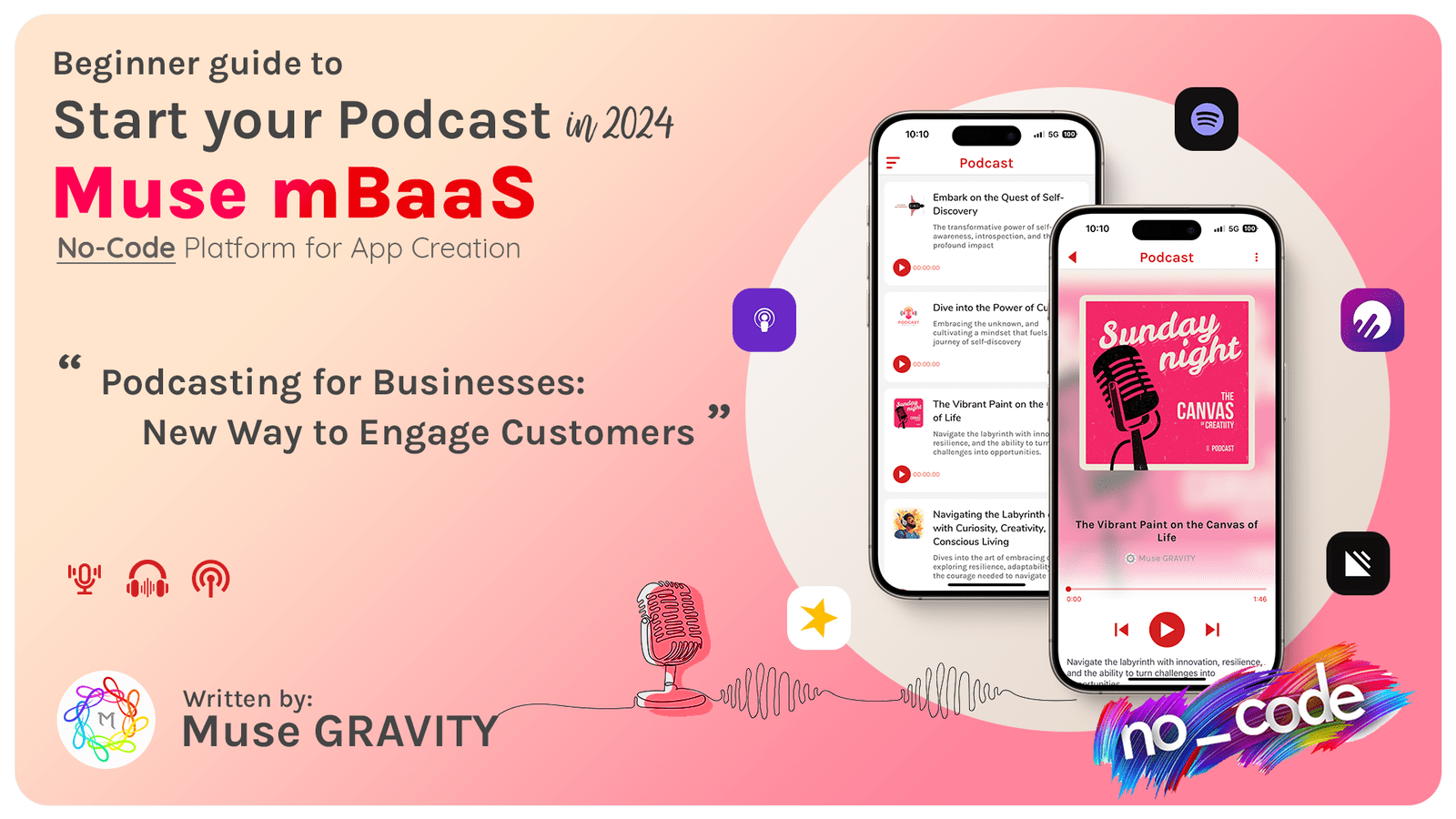
What is a Podcast?
Podcasts are a form of digital media, primarily audio, allowing creators to share content on various subjects ranging from news, education, and storytelling to entertainment. Essentially, a podcast is like a radio show that you can listen to anytime, anywhere, using your smartphone, computer, or another digital device. They have gained immense popularity due to their convenience and the personalized nature of content. Listeners can choose from a vast array of topics and subscribe to series that interest them, receiving notifications when new episodes are released. This platform provides a unique space for both creators and listeners to engage in topics of mutual interest in a highly accessible and personal way.
Different Types of Podcasts
Interview Podcast :
An Interview Podcast features a host or hosts who conduct interviews with different guests in each episode. These podcasts often explore the guest's experiences, expertise, and insights, covering a wide range of topics depending on the guests' backgrounds.
Educational Podcast :
Storytelling and Narrative Podcast :
News and Current Affairs Podcast :
Business and Entrepreneurship Podcast :
Health and Wellness Podcast :
Comedy Podcast :
Technology Podcast :
Hobby and Special Interest Podcast :
Personal Journal Podcast :
Starting your Podcast: A Step-by-Step Guide
1. Conceptualize your Podcast :
Decide on a topic you're passionate about. Consider your audience and what unique perspective you can offer.
2. Plan your Content :
Outline the structure of your episodes, decide on the format (interview, storytelling, etc.), and plan your content calendar.
3. Get the Right Equipment :
At minimum, you'll need a good quality microphone and headphones, along with recording and editing software.
4. Record your Podcast :
Find a quiet space and start recording. Don't worry about making it perfect; authenticity often trumps polished production.
5. Edit your Podcast :
Use software to edit your audio, removing long pauses and errors and improving sound quality.
6. Publish and Host your Podcast :
Choose a podcast hosting platform to store your files and make them accessible to listeners.
7. Promote your Podcast :
Share your Podcast on social media, podcast directories, and your network to build your audience.
8. Engage with your Audience :
Encourage feedback and engage with your listeners to build a community around your Podcast.
Starting a podcast can be an exciting journey, and with patience and consistency, it can grow to become a significant platform for sharing your voice and ideas.
How to Monetize a Podcast
Monetizing a podcast can transform it from a hobby into a lucrative venture. Here's a detailed look at various strategies to generate income from your Podcast:
1. Sponsorships and Advertisements :
- How it Works: Companies pay to promote their products or services within your podcast episodes.
- Getting Started: Initially, you might reach out to smaller, local businesses or use podcast advertising networks to connect with potential sponsors.
- Tips: Tailor the ads to your audience for better engagement. Authenticity in ad reads can significantly increase listener receptivity.
2. Affiliate Marketing :
- How it Works: You promote a product or service and receive a commission for every sale made through your unique referral link.
- Getting Started: Join affiliate programs that align with your Podcast's theme and audience interests.
- Tips: Choose products you genuinely endorse to maintain trust with your audience.
3. Listener Donations and Crowdfunding :
- How it Works: You promote a product or service and receive a commission for every sale made through your unique referral link.
- Getting Started: Join affiliate programs that align with your Podcast's theme and audience interests.
- Tips: Choose products you genuinely endorse to maintain trust with your audience.
4. Selling Premium Content :
- How it Works: Provide additional, exclusive content for a fee, such as bonus episodes, early access to episodes, or ad-free content.
- Getting Started: Platforms like Patreon or Apple Podcasts Subscriptions can facilitate offering premium content.
- Tips: Ensure the premium content offers real value and enhances the listener's experience.
5. Merchandising :
- How it Works: Sell podcast-branded merchandise like t-shirts, mugs, or stickers.
- Getting Started: Use online services that allow for print-on-demand merchandise to avoid upfront costs.
- Tips: Design merchandise that resonates with your Podcast's brand and audience.
6. Offering Paid Workshops or Webinars :
- How it Works: Leverage your expertise by hosting workshops or webinars for a fee.
- Getting Started: Identify topics that your audience would find valuable and be willing to pay for.
- Tips: Promote these events in your Podcast and through your social media channels.
7. Licensing your Content :
- How it Works: License your podcast content to other media outlets or platforms.
- Getting Started: This usually becomes viable as your Podcast grows in popularity and recognition.
- Tips: Maintain high-quality content to increase your Podcast's attractiveness for licensing deals.
8. Book Deals and Speaking Engagements :
- How it Works: Leverage the popularity of your Podcast to secure book deals or get paid speaking engagements.
- Getting Started: Build your brand and establish yourself as an expert in your niche.
- Tips: Use your Podcast to showcase your knowledge and public speaking skills.
When monetizing your Podcast, it's crucial to balance revenue generation with maintaining the quality and authenticity of your content. Your audience's trust is paramount, so any monetization strategy should align with their interests and your Podcast's values.
How to promote a Podcast?
Integrating Podcasts with Mobile Apps: A Muse mBaaS Perspective
1. Easy Integration with No-Code Platform :
Muse mBaaS, being a no-code platform, allows creators to integrate podcasts into their mobile apps effortlessly. Whether it's a Progressive Web App (PWA), Native Android, or iOS app, Muse mBaaS offers seamless integration without the need for extensive coding skills.
2. Enhanced User Experience :
By integrating podcasts into a mobile app, users gain direct access to episodes from their smartphones. This integration can increase engagement as users can listen to episodes while navigating other app features.
3. Customizable Features :
Muse mBaaS provides the flexibility to customize how podcasts are displayed and accessed within the app. Creators can design their podcast libraries and playlists and even incorporate interactive features like comments or ratings.
4. Push Notifications for Engagement :
Using Muse mBaaS's capabilities, app creators can send push notifications to alert users about new episodes, ensuring that the audience stays updated and engaged.
5. Monetization Opportunities :
Integrating podcasts into apps opens new avenues for monetization. This can be through in-app advertisements, subscription models for premium content, or sponsorships directly showcased within the app.
6. Analytics and Insights :
Through Muse mBaaS, creators can access analytics related to podcast listenership within the app. This data can inform content strategies, advertising, and user engagement tactics.
7. Cross-Platform Accessibility :
With Muse mBaaS, podcasts integrated into apps can be made accessible across various platforms and devices, increasing the potential audience reach.
8. Community Building :
By enabling features like in-app discussions or feedback forms, creators can foster a community around their podcast content, enhancing listener loyalty and interaction.
Muse mBaaS offers a robust and user-friendly platform for integrating podcasts into mobile apps. You can also integrate your Podcast with Spotify, Ausha, SimpleCast andSpreaker. These integrations not only simplify the technical process but also enrich the content delivery, engagement, and monetization possibilities for podcast creators.
Remember: You can also host your Podcast directly from the Muse Back-end without integrating it with any 3rd party service.
Conclusion:
Podcasts represent a dynamic and versatile form of digital media catering to various interests, from educational content and storytelling to comedy and technology. The diversity of podcast formats allows creators to connect with varied audiences, sharing knowledge, stories, and entertainment. For those looking to start their own Podcast, a clear step-by-step approach involving content planning, equipment setup, recording, and promotion is key. Monetizing a podcast offers multiple avenues like sponsorships, merchandising, and exclusive content, balancing revenue generation with authentic listener engagement. Furthermore, integrating podcasts with mobile apps, especially through platforms like Muse mBaaS, opens up innovative opportunities for enhanced user experience, broader reach, and community building, making podcasts not just a medium of expression but also a potent tool for digital engagement and business growth.
No Credit Card Required
Your Questions, answered
